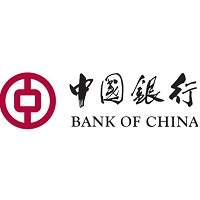
Bank of China
Bank of China, include BOC Hong Kong, BOC International, BOCG Insurance and other financial institutions, providing a comprehensive range of high-quality financial services to individual and corporate customers as well as financial institutions worldwide.